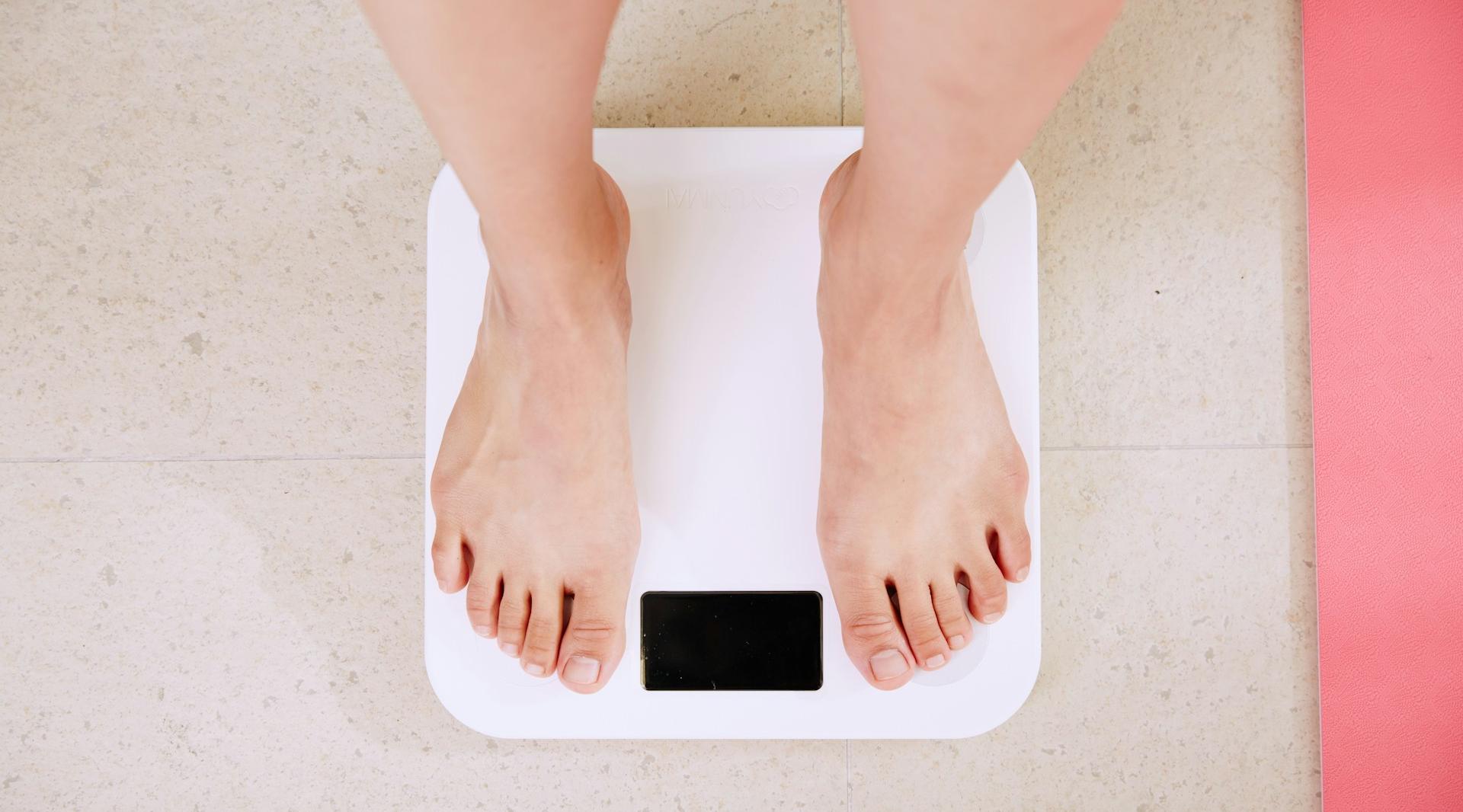
Self-Hypnosis for Weight Loss: Can It Help?
Healthy weight loss isn’t a sleight of hand. For the majority of people, losing weight necessitates regular exercise as well as conscious decisions about what, when, and how much to eat. Hormones and medical conditions may have an impact on your progress. Your emotions and mind may also play significant roles in the process. This is where hypnotherapy and self-hypnosis can help. Although hypnotherapy alone is unlikely to produce dramatic weight loss results, there is evidence that it can help alter the beliefs and emotional connections that impede your ability to effectively modify your diet and exercise routines.
What Is Hypnotherapy?
Hypnosis is a technique used by some therapists to help people achieve a state of complete relaxation. Practitioners believe that during a detox afvallen session, the conscious and unconscious minds can focus and concentrate on verbal repetition and mental imagery. As a result, the mind becomes more open to suggestions and changes in terms of behaviours, emotions, and habits.
How Does Hypnotherapy work?
Your therapist will most likely begin your hypnotherapy session by explaining how hypnosis works. They will then go over your personal objectives. Your therapist may then begin speaking in a soothing, gentle voice to help you relax and establish a sense of safety. Once you’ve reached a more open state of mind, your therapist may suggest ways to help you change your eating or exercise habits, as well as other ways to achieve your weight loss goals.
The main advantage of hypnosis is that it allows people to enter a relaxed state of mind in which they may be more open to suggestions in order to change certain habits. This may mean faster and more noticeable results for some.
Weight Loss With Hypnotherapy

A recent study found that patients who received hypnosis had lower rates of inflammation, better satiety, and a higher quality of life, despite the fact that the results were only modest. These could be mechanisms by which hypnosis influences weight. More research is needed to fully comprehend the potential role of hypnosis in weight management.
Hypnotherapists believe you are equipped with everything you need to succeed. You don’t require another crash diet or the most recent appetite suppressant. Slimming is about trusting your natural abilities, just like riding a bicycle. You may not remember how frightening it was the first time you tried to ride a bike, but you kept practising until you could ride without thinking or effort. Losing weight may appear to be similarly out of reach, but it’s simply a matter of finding your balance.
What Does It Entail
Visualizing victory, like athletes preparing for competition, prepares you for a victorious reality. Imagining a day of healthy eating helps you visualise the steps required to become that healthy eater. Too difficult to visualise? Find an old photo of yourself at a healthy weight and think about what you were doing differently back then; imagine resurrecting those routines. Alternatively, imagine getting advice from a future older, wiser self after she’s reached her ideal weight. This is what hypnoseafvallen met hypnose is all about – changing perspectives.
When it comes to losing weight and keeping it off, hypnosis and cognitive-behavioral therapy (CBT), which helps revamp counterproductive thoughts and behaviours, are a winning combination and are widely used by different hypnotherapists around the world.
How Long Does A Session Last
Hypnotherapy sessions typically last 50 minutes to 2 hours. Specific techniques vary by therapist, but most sessions begin with you finding a comfortable position, either seated or lying down. Following that, you may be asked to close your eyes or focus on a specific object. Following that, your therapist may guide you through a series of deep breathing exercises. After you’ve begun to relax, your therapist may direct you to visualise a safe and calming location, such as a body of water you enjoy visiting.
Your therapist may suggest healthy thought patterns or beliefs to replace the ones that aren’t working for you once you’ve entered a deeply relaxed state, also known as a trance. Your focus may also include self-affirming words and phrases. Your therapist will eventually gently invite you to refocus your attention on the “here and now.”
How Much Does It Cost
The cost of hypnotherapy varies depending on where you live and who you choose as your therapist. Call ahead to discuss pricing and sliding scale options. Your insurance company may cover between 50 and 80 percent of licenced professional therapy. Again, call ahead to find out more about your specific coverage.
Bottom Line
Self-hypnosis can be a powerful tool for weight loss, especially when combined with dietary and exercise changes. Working with a licenced therapist who is specially trained in hypnotherapy is the best way to get started so that the techniques you learn are more likely to benefit you. Hypnotherapy can help you heal memories and emotions that are impeding your weight loss progress. Hypnotherapy can also be used to reinforce healthy attitudes, correct cultural and personal beliefs that are holding you back, and reduce your desire for foods that you want to limit or eliminate from your diet.




